Dhaka, Oct 11 (V7N): A new study published in The Lancet has confirmed that a single dose of the typhoid conjugate vaccine (TCV) provides significant protection against typhoid fever in older children, although the effectiveness diminishes over time, especially in younger children.
The TyVOID study, conducted in Bangladesh and reported by the Oxford Vaccine Group, monitored the vaccine’s effectiveness over a five-year period. According to the study, high protection levels between 80% and 96% were observed within the first two years post-vaccination across all age groups. However, vaccine effectiveness dropped significantly after two years, particularly for children vaccinated at a younger age.
Between three and five years after vaccination, there was a noticeable increase in typhoid incidence among children vaccinated in 2018/2019 and 2021. Despite this, children vaccinated at age two or older remained well-protected, with effectiveness rates ranging from 59% to 85%. In contrast, younger children experienced a marked reduction in immunity, suggesting the potential need for a booster dose to maintain protection.
"Typhoid is a severe and life-threatening disease, especially for children in low- and middle-income countries," said Xinxue Liu, associate professor of Medical Statistics and Epidemiology at the Oxford Vaccine Group and one of the study’s senior authors. The study provides critical insights for policymakers regarding TCV's long-term benefits.
Dr. Firdausi Qadri, senior scientist at icddr,b and lead author of the study, noted that the research builds on the initial TyVAC trial, extending monitoring by an additional two and a half years. The findings suggest a decline in antibody levels across various age groups and support the idea of administering a booster dose around school age for children initially vaccinated under two years old.
While the World Health Organization (WHO) currently recommends a single dose of TCV for children aged six months and older, the study raises questions about the long-term protection from a single dose, particularly for younger children, according to Professor Sir Andrew Pollard, director of the Oxford Vaccine Group. Ongoing research is essential to guide future vaccination policies.
Typhoid fever remains a serious health threat, especially in low-income countries with limited access to clean water and sanitation. Each year, the disease causes around 7 million cases and 93,000 deaths worldwide, with children under five particularly vulnerable. In 2019, Bangladesh ranked fourth in under-five mortality due to typhoid.
The emergence of drug-resistant typhoid strains has worsened the threat, reducing treatment options and underscoring the importance of preventive measures such as vaccination. The first TCV, developed by Bharat Biotech International, received WHO prequalification in 2017, with WHO recommending its use in 2018 as a key tool for typhoid prevention.
As Bangladesh prepares to roll out TCV in 2025, the TyVOID study, funded by the Bill and Melinda Gates Foundation, highlights the importance of continued research to monitor the vaccine’s long-term effectiveness and its role in combating antibiotic resistance. This information will be crucial as WHO updates its guidelines for typhoid prevention and control.
END/MSS/RH



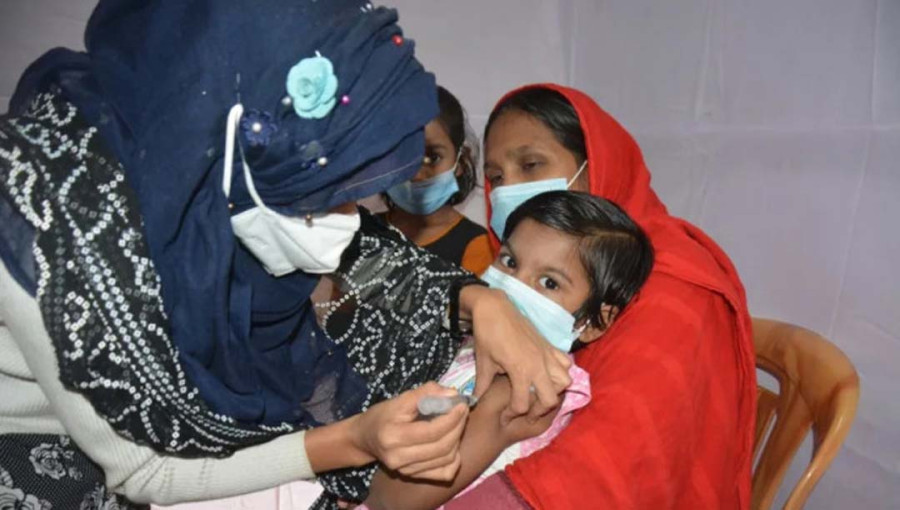

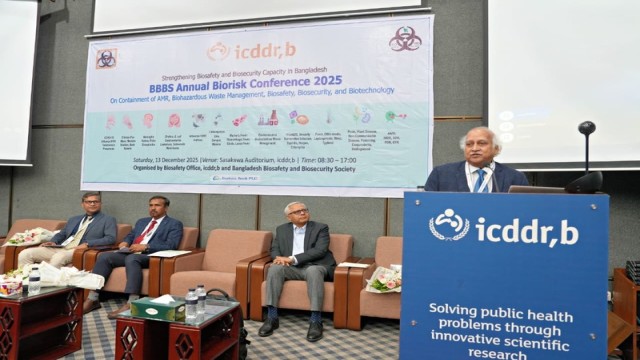
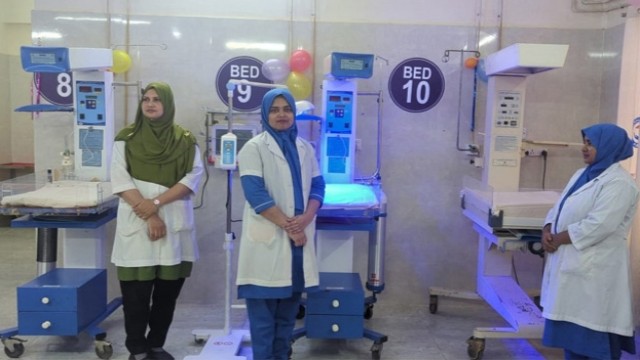
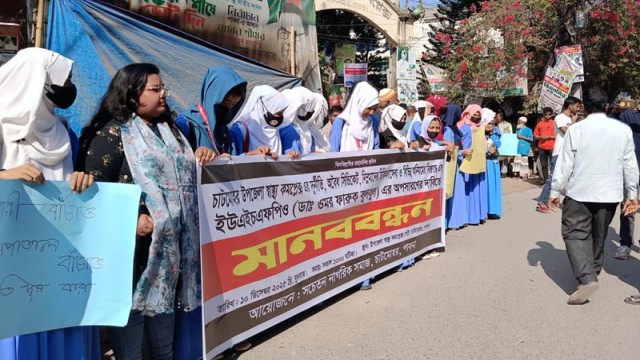
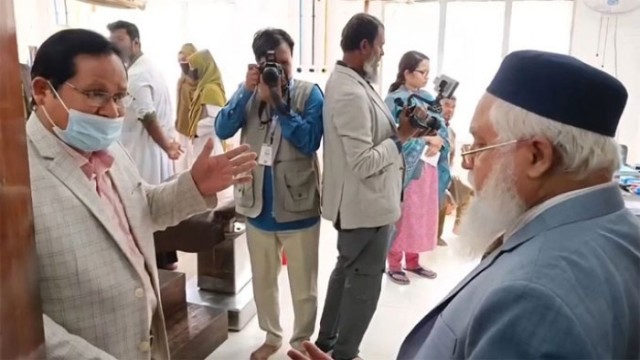
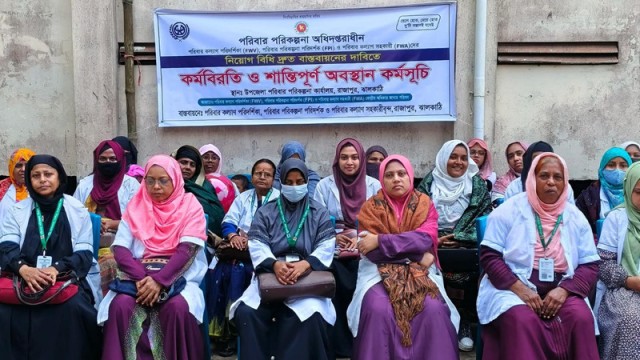
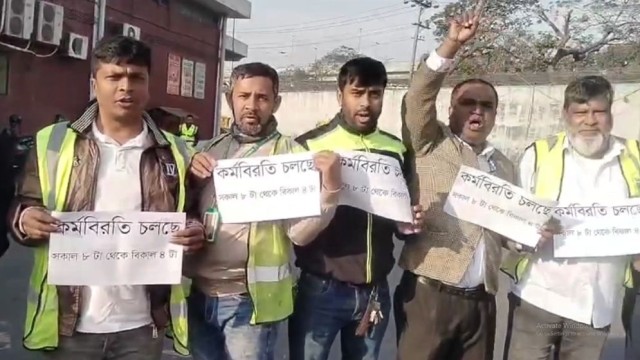

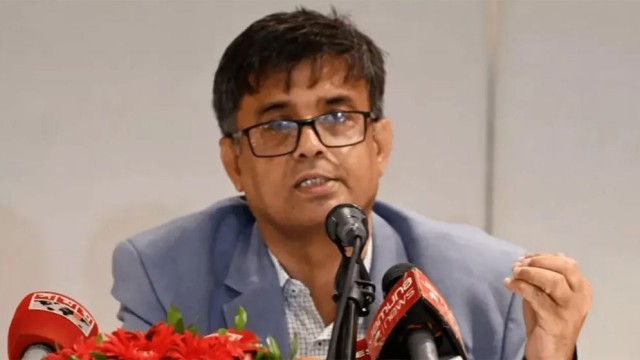
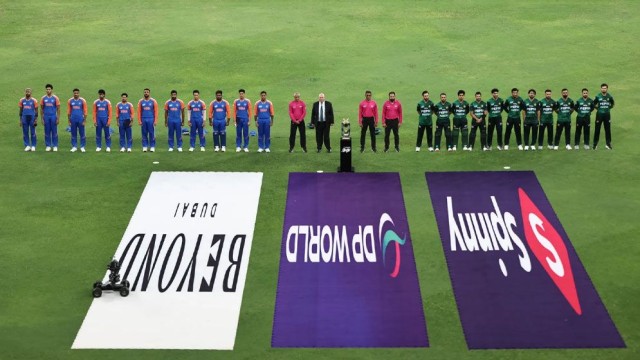

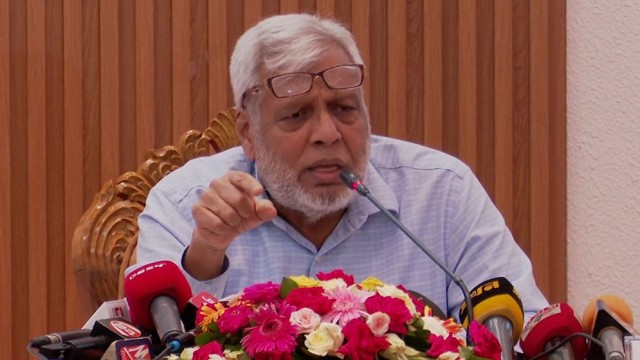
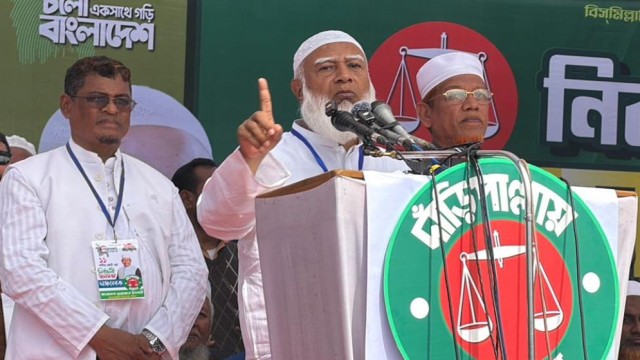






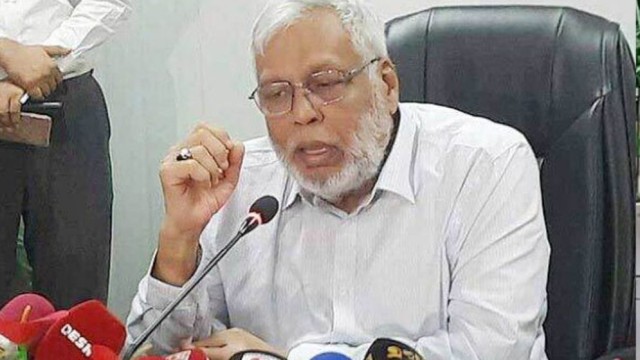



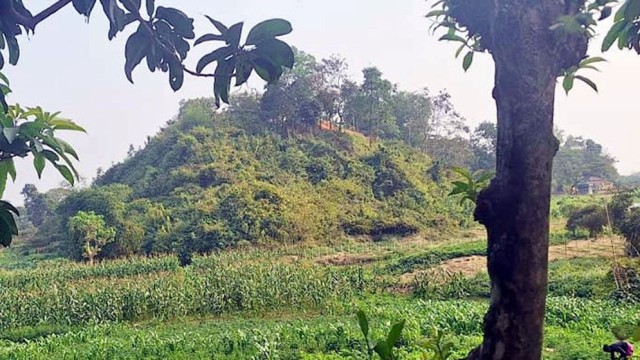



Comment: